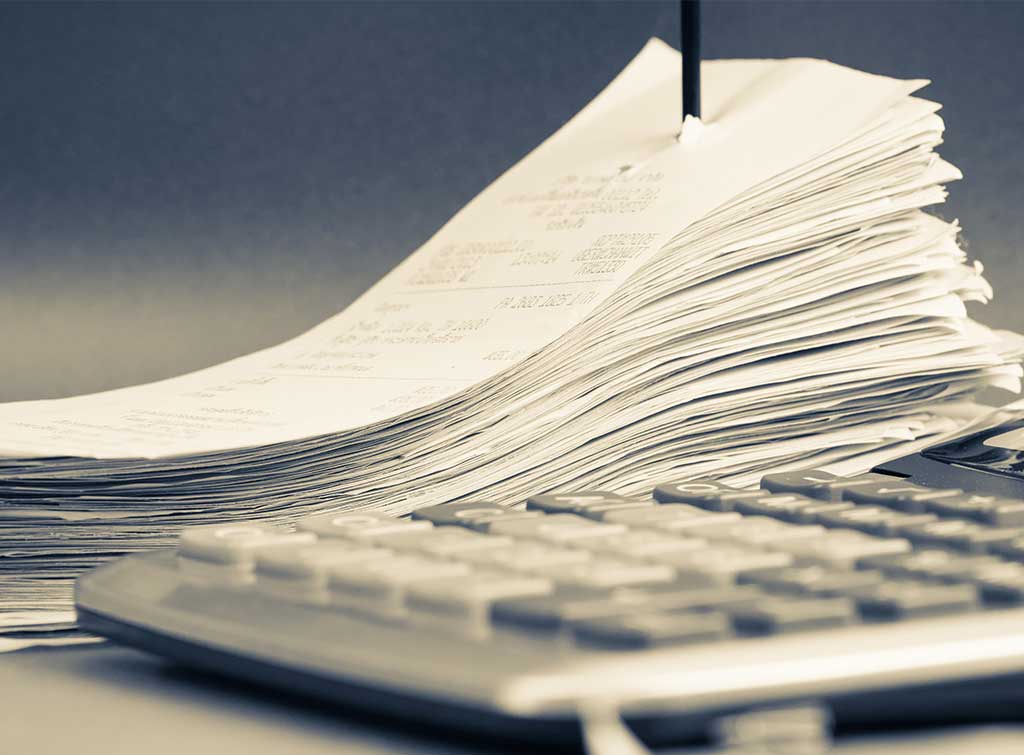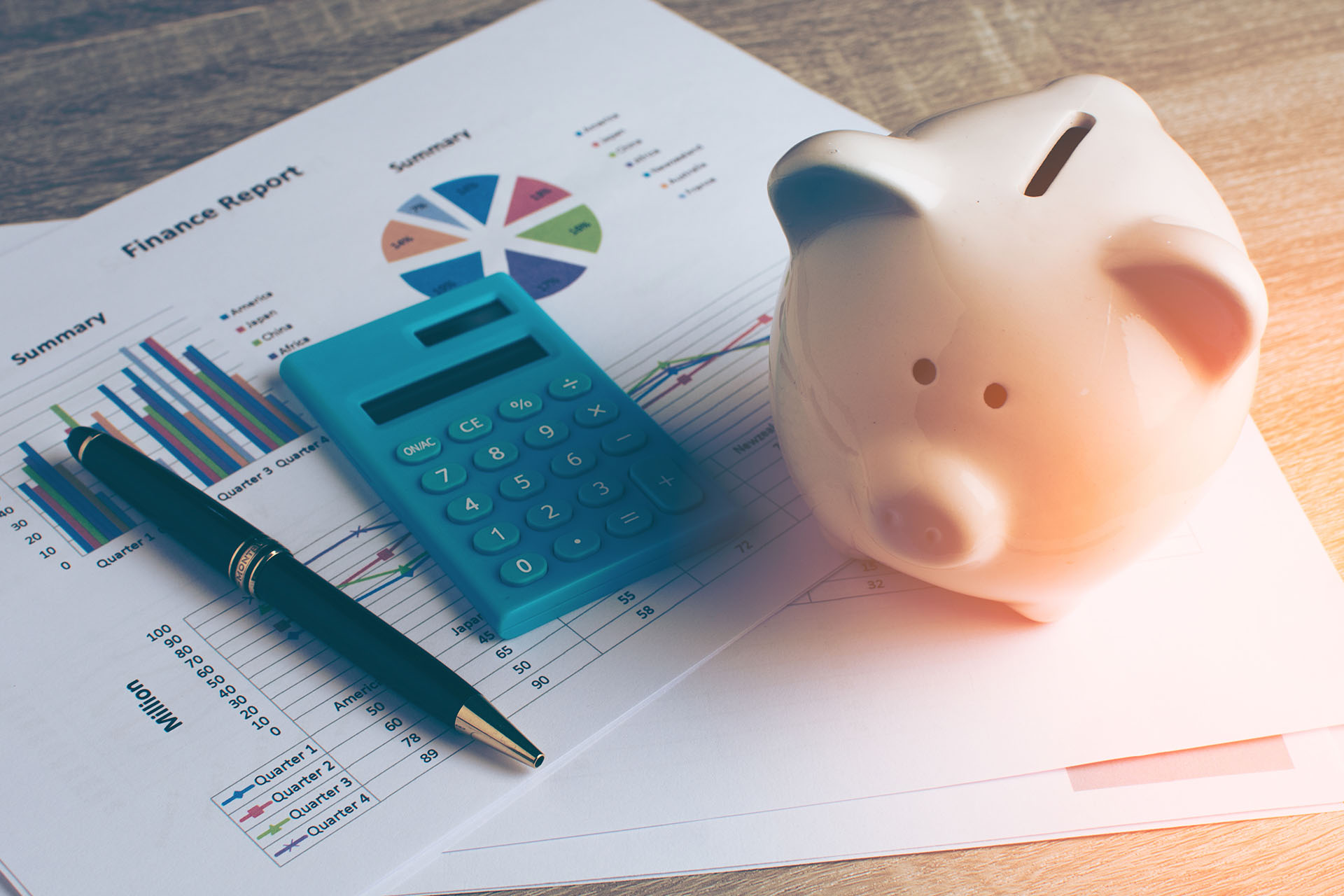Blog>Trade>Finance>A trade's guide to business expenses
Last updated: 6 February 2025
A trade's guide to business expenses
Business expenses have a direct impact on tradespeople’s profits. This article outlines what are typical business expenses and how to keep them under control.

Business expenses are a necessity for tradespeople. Managing them effectively helps to maximise your profits.
This is not just a question of keeping business expenses as low as you can. Many business expenses are tax deductible. That means you can use them to reduce your profits.
It’s little surprise then that HMRC has plenty of rules on what is and isn’t tax deductible.
The more you understand about business expenses, the better you can run your enterprise. Our guide runs through some of the main types of business expenses.
What business expenses are tax deductible?
HMRC rules say business expenses must be ‘wholly and exclusively’ for business purposes. In other words, all of the business expenses you use to reduce your profits must relate only to work. They should exclude anything that is for personal use.
In some cases, a portion of the expense may be for personal use. For example, using a vehicle, a mobile phone or if you work from home. Here, you should work out the proportion that relates solely to business use.
A business shows its expenses in its profit and loss account. Its assets and liabilities appear in its balance sheet.
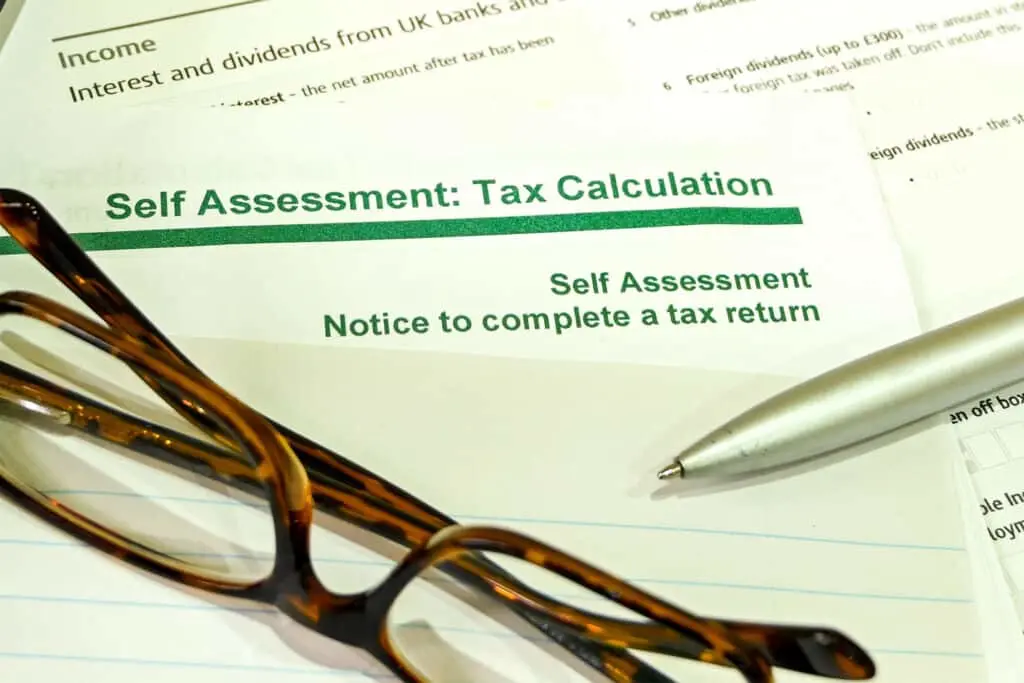
How do you use business expenses to reduce your tax bill?
If you are a sole trader or your business is a partnership there are rules to follow. You declare your business income and expenses on your self-assessment tax return.
If you run your business as a limited company you can claim certain expenses. These reduce your company’s profits. You provide details in your company tax returns.
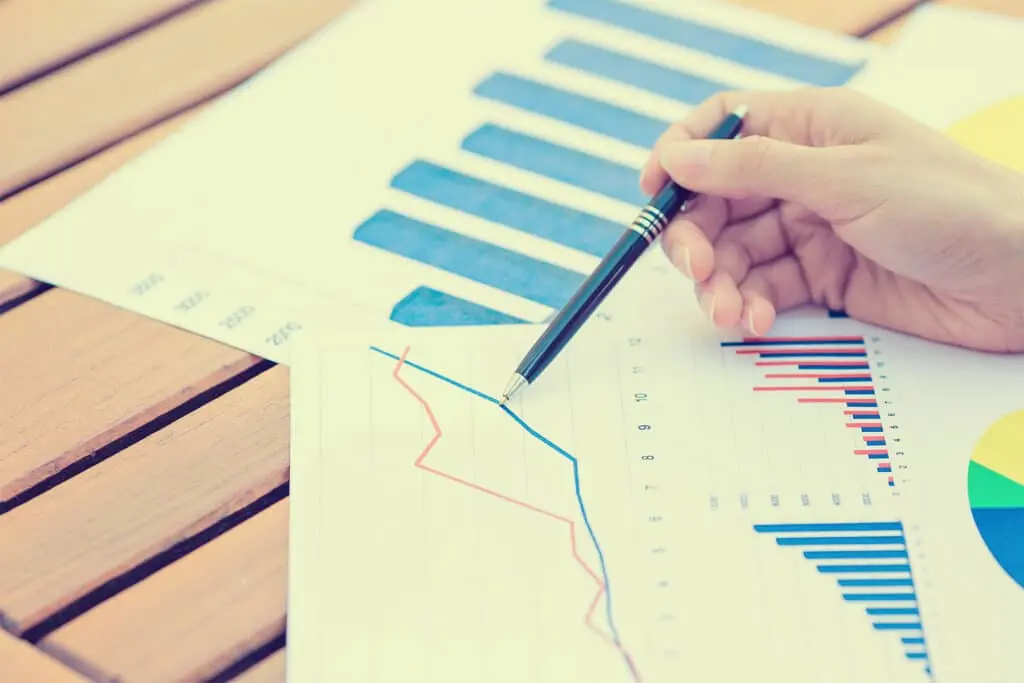
Improving your cash flow
Business overheads cover a broad range of categories. These are generally your day-to-day running costs. Keeping track of these business expenses helps to improve your cash flow.
Some operational expenses are fixed and you know what they are every month. Others can vary considerably.
These are typical business expenses:
Business asset expenses
Buying business assets is also called capital expenditure. For tradespeople, business assets typically include:
The amount you pay for an asset isn’t counted as a business expense. However, you can spread the purchase cost over a set period (usually several years) with a calculation for depreciation.
Depreciation is a business expense and it more accurately reflects the asset cost over the asset’s useful life.
For example, if you buy a piece of equipment for £10,000 and it has a five-year useful life. You could include a £2,000 a year depreciation as a business expense to reduce your annual taxable profits.
On your tax return, you can also claim another type of tax relief on business assets called a capital allowance.
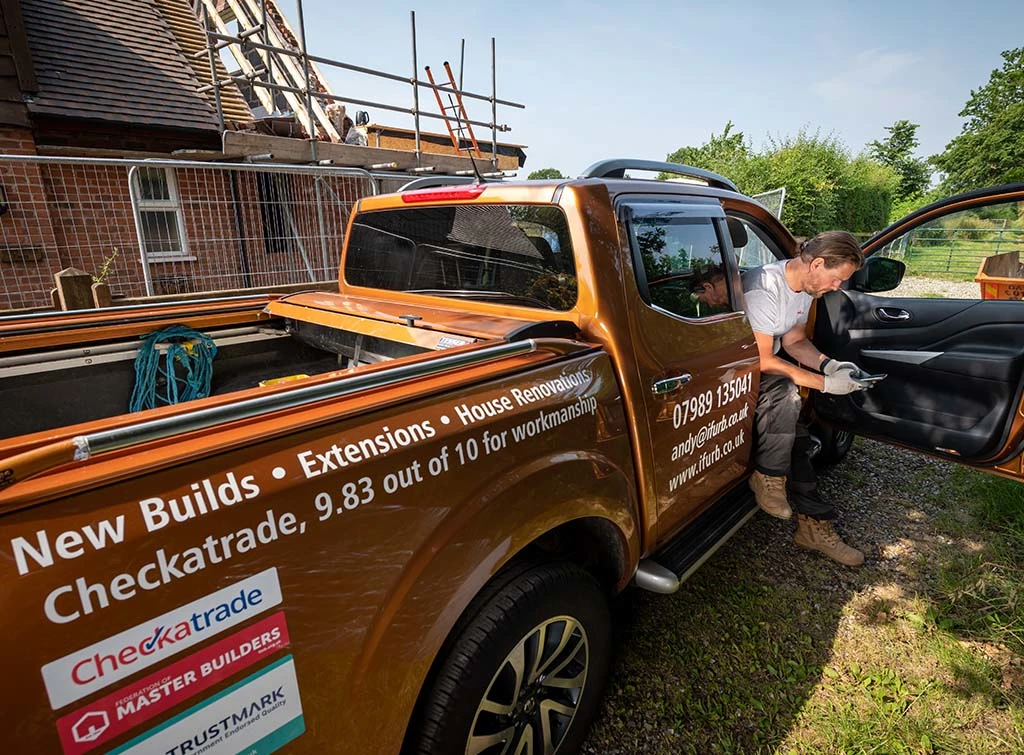
Vehicle running costs
HMRC’s mileage and fuel rate allowances can be used to calculate your business expenses. If you run a limited company there are company vehicle taxes to consider.
Tradespeople often weigh up the advantages of leasing rather than buying vehicles. The two options have implications for business expenses. Another increasingly popular choice is electric vans.
Other vehicle expenses include:
Vehicle tax
Repairs and maintenance
Fuel costs
Labour costs
Tradespeople who pay others to work for them need to carefully monitor their business expenses. Business expenses related to labour costs include:
Wages and salaries – PAYE and national insurance
Pension contributions
Paying subcontractors and casual workers

Materials expenses
Buying materials for jobs is probably one of the most important business expenses for many tradespeople. Saving money on buying materials is a business priority, especially in the building trade.
An important consideration is to make sure that these business expenses are passed on to customers, if appropriate. This is where a strong grip on marking up materials comes in handy.
Business overheads
Rent and rates
If you own or hire premises then business expenses can cover:
Rent
Council tax
Water rates
Lighting and heating
Security costs
If you have a home office you are allowed a certain amount as a business expense. For example, you can calculate a proportion based on the number of rooms you use for business purposes.
HMRC also allows a flat-rate scheme for working out the business expense.

Office running costs
There are many types of business expenses relating to running an office. These include:
Postage and stationery
Telephone – landlines and mobile
Computer maintenance costs (but not the cost of buying computer equipment)
Marketing, advertising and lead generation expenses
Promoting your business brings in new customers and increases your profitability. Our free guide to marketing could be helpful in deciding what works best for you.
You can use a wide range of marketing and advertising methods. Most types of marketing are tax-deductible business expenses.
Two popular ways tradespeople get the word out are printing marketing and digital marketing.
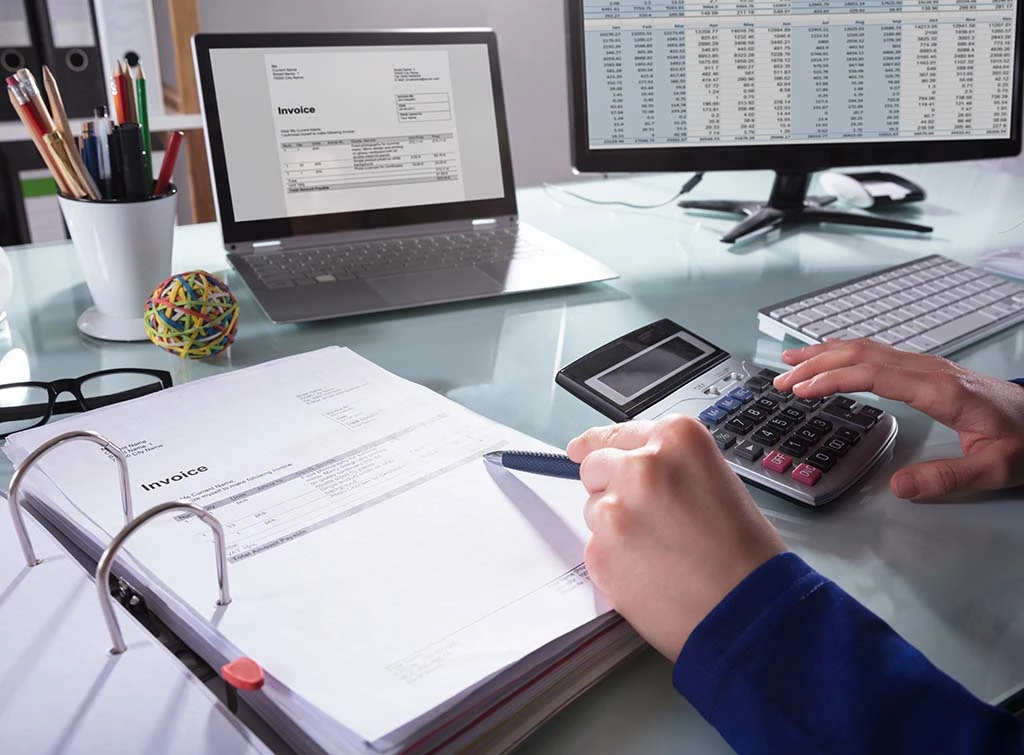
Finance, insurance and professional costs
Tradespeople use a range of financing options that can create business expenses. Business growth often involves bringing in outside funding.
Finance charges
Examples of finance charges include:
Bank interest and charges – on accounts, overdrafts and loans
Interest charged on hire purchase and lease contracts for capital expenditure
Charges and other costs for using business credit and debit cards
Insurance
Insurance expenses for tradespeople vary depending on your business. They can include:
Machinery and equipment insurance
Vehicle insurance
Building and contents insurance
Professional fees
It often pays to bring on board a professional to help you grow your business. Different skills are likely to be needed at different times.
Usually, most professional costs are treated as tax-deductible business expenses. They can include:
Legal support
Key takeaways
Many business expenses are tax deductible so they help tradespeople to reduce their tax bill
Managing your business expenses effectively can help improve your cash flow
Labour costs are often the largest business expense for tradespeople who have employees or use subcontractors
Assets like equipment and vehicles can create significant business expenses
Overhead expenses cover day-to-day operational costs needed to run a typical business
Ready to take your business to the next level?
We can help you get there
DISCLAIMER
This is information – not financial advice or recommendation. The content and materials featured or linked to on this blog are for your information and education only and are not intended to address your particular personal requirements. The information does not constitute financial advice or recommendation and should not be considered as such. Checkatrade website is not regulated by the Financial Conduct Authority (FCA), its authors are not financial advisors, and it is therefore not authorised to offer financial advice.
Always do your own research and seek independent financial advice when required. Any arrangement made between you and any third party named or linked to from the site is at your sole risk and responsibility. Checkatrade blog and its associated writers assume no liability for your actions.
